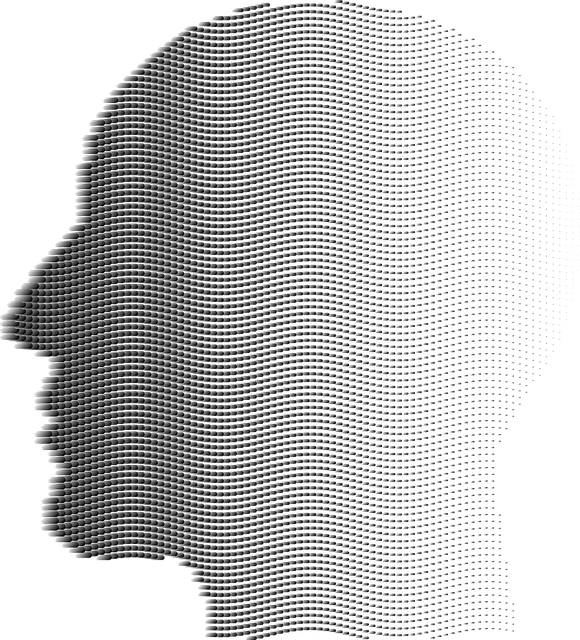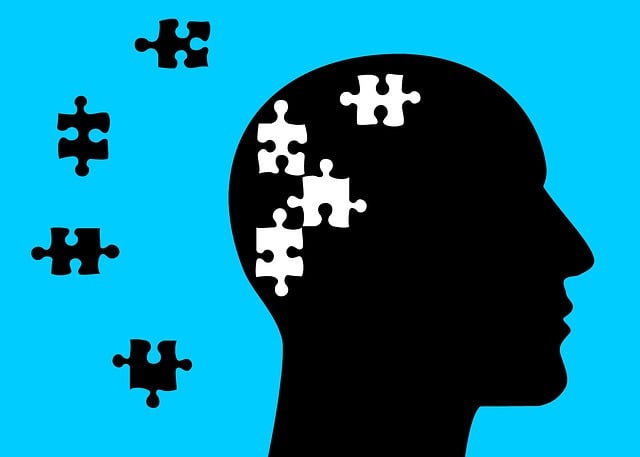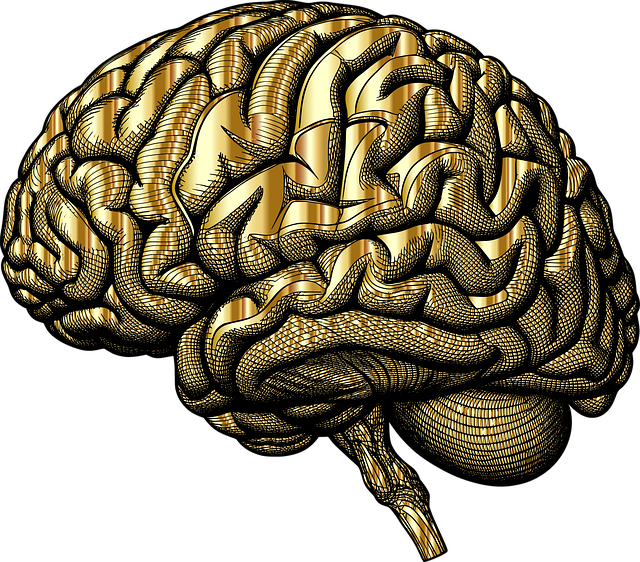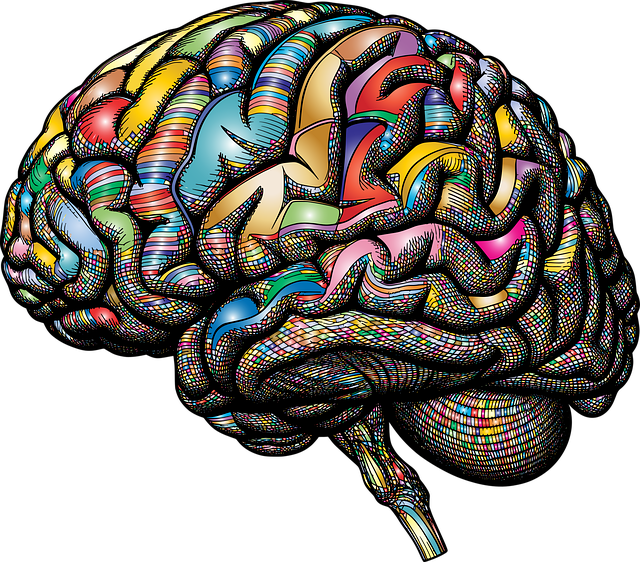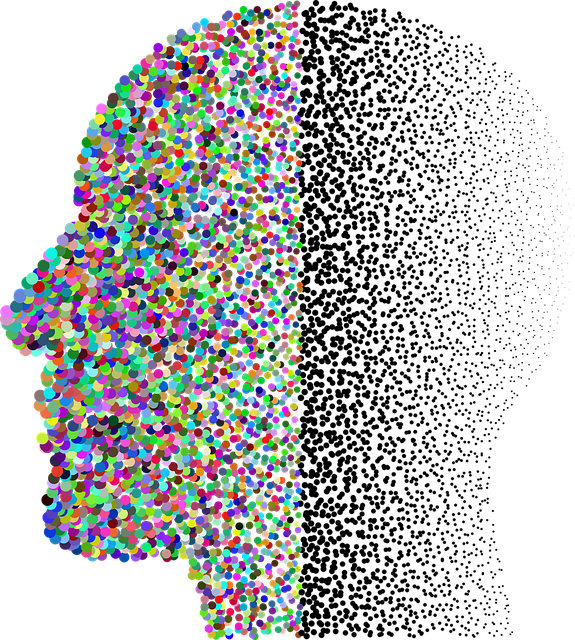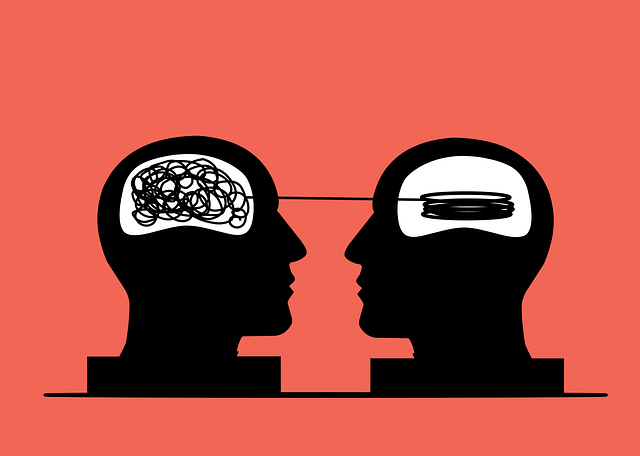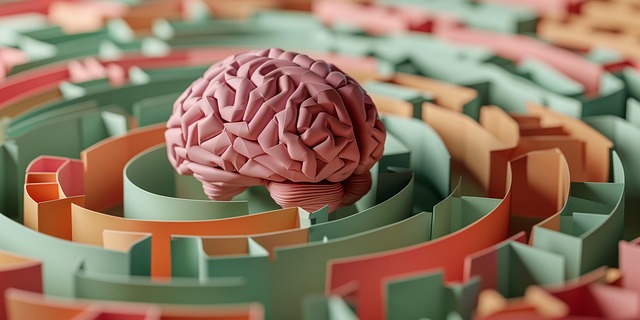Lafayette ADD-ADHD Therapy offers a comprehensive approach to social skills development for individuals with ADHD or related conditions. By integrating cognitive-behavioral therapy, self-awareness exercises, and mindfulness practices, they empower clients to navigate social scenarios confidently. The program focuses on communication, empathy, emotional regulation, and community engagement, addressing the unique challenges of ADD/ADHD in a holistic manner. Through tailored strategies, group therapy, and cultural competency training, Lafayette ADD-ADHD Therapy helps individuals improve their social interactions, boost self-esteem, and enhance overall mental wellness.
Social skills training is a powerful tool for managing mental health conditions, especially Attention Deficit Hyperactivity Disorder (ADD/ADHD). This article delves into the intricate relationship between social interactions and mental wellness, exploring the challenges faced by individuals with ADD/ADHD in various social settings. We present effective strategies and techniques for social skills training, highlighting Lafayette ADD-ADHD Therapy’s holistic approach to enhancing social interaction. Discover how this tailored therapy can improve overall well-being.
- Understanding the Link Between Social Skills and Mental Health
- Challenges Individuals with ADD/ADHD Face in Social Settings
- Strategies and Techniques for Effective Social Skills Training
- Lafayette ADD-ADHD Therapy: A Holistic Approach to Enhancing Social Interaction
Understanding the Link Between Social Skills and Mental Health

Social skills are a vital component of overall mental health and wellness. In many cases, individuals dealing with mental health conditions like ADD-ADHD may struggle with social interactions, leading to feelings of isolation and further exacerbating their symptoms. Understanding this link is crucial in developing effective support strategies. The interconnectedness of social connections and mental health is well-documented, especially in the context of burnout prevention among healthcare providers.
By integrating self-awareness exercises into therapy sessions, Lafayette ADD-ADHD Therapy aims to empower individuals to navigate social scenarios with greater confidence. This holistic approach goes beyond traditional therapy methods, exploring the nuances of communication, empathy, and emotional regulation—essential tools for improving mental wellness. A recent focus on mental wellness podcast series production has also emerged as a creative way to foster self-care and community engagement, further highlighting the importance of social skills in managing mental health conditions effectively.
Challenges Individuals with ADD/ADHD Face in Social Settings

Individuals with Attention Deficit Disorder/Hyperactivity Disorder (ADD/ADHD) often face unique challenges in social settings due to their neurological differences. These challenges can manifest as difficulties in maintaining eye contact, staying focused during conversations, or properly interpreting social cues, leading to miscommunications and potential feelings of isolation. The dynamic nature of social interactions can be particularly taxing for those with ADD/ADHD, who may struggle with impulsivity and restlessness, causing them to interrupt or leave mid-conversation.
Lafayette ADD-ADHD Therapy plays a crucial role in addressing these challenges by offering specialized support tailored to the unique needs of individuals with ADD/ADHD. Through effective strategies and techniques, therapy enables clients to develop better social skills, improve their ability to read social signals, and enhance their overall participation in social settings. Additionally, integrating Healthcare Provider Cultural Competency Training, Self-Care Routine Development for Better Mental Health, and Public Awareness Campaigns Development can further empower individuals with ADD/ADHD to navigate social environments more confidently and successfully.
Strategies and Techniques for Effective Social Skills Training

Social skills training plays a pivotal role in supporting individuals with mental health conditions, such as those seeking Lafayette ADD-ADHD Therapy, to navigate social interactions more effectively. Strategies employed should be tailored to address specific challenges. For instance, cognitive-behavioral therapy (CBT) techniques can help identify and reframe negative thought patterns that may hinder social engagement. Role-playing exercises are another powerful tool; these allow individuals to practice new skills in a safe environment, fostering confidence when facing real-world social situations.
Incorporating mindfulness practices into social skills training has proven beneficial for mental wellness. Encouraging participants to stay present and observe their emotions without judgment can reduce anxiety and improve emotional regulation. Moreover, group therapy sessions facilitate learning through peer interaction, enhancing self-esteem improvement and providing a support network. By combining these techniques, individuals can develop the necessary social acumen, leading to better outcomes in their personal lives and advocating for more inclusive mental health policies, as highlighted in Mental Health Policy Analysis and Advocacy.
Lafayette ADD-ADHD Therapy: A Holistic Approach to Enhancing Social Interaction

Lafayette ADD-ADHD Therapy offers a holistic approach to enhancing social interaction for individuals navigating mental health conditions like Attention Deficit Hyperactivity Disorder (ADHD). This comprehensive program recognizes that improving social skills is not just about learning specific behaviors but also fostering emotional intelligence and cultivating positive thinking. Through tailored strategies, clients develop the tools needed to engage in meaningful conversations, interpret social cues, and build lasting connections.
The therapy focuses on teaching practical techniques for promoting emotional well-being, enabling individuals to better manage their interactions with others. By combining evidence-based practices with a nurturing environment, Lafayette ADD-ADHD Therapy empowers participants to enhance their social skills, boost self-confidence, and foster more fulfilling relationships, ultimately improving their overall quality of life.
Social skills training is a powerful tool for managing mental health conditions, especially those like ADD/ADHD that often impact social interactions. By understanding the unique challenges these individuals face in social settings and employing effective strategies, such as those offered by Lafayette ADD-ADHD Therapy, significant improvements in overall well-being can be achieved. This holistic approach empowers individuals to navigate social situations with greater confidence and ease, fostering deeper connections and a higher quality of life.


